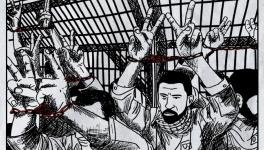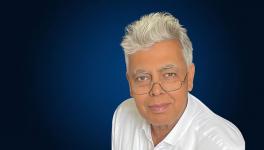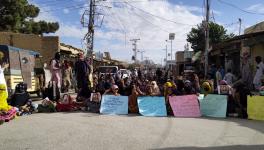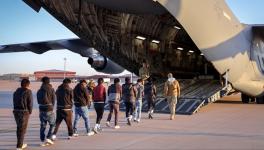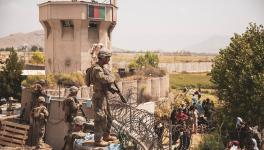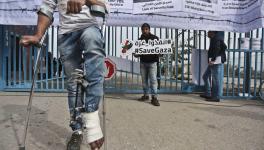Is it Just a War Against Drugs or a Holocaust in the Philippines?
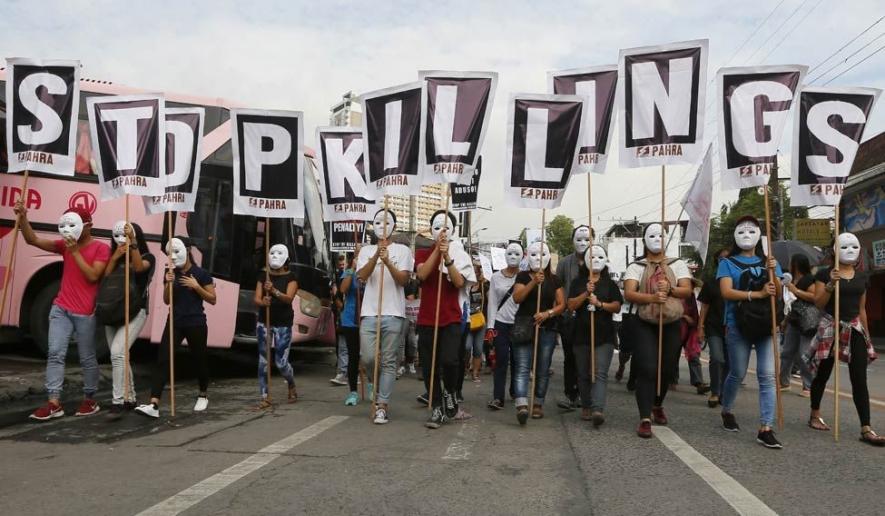
Since President Rodrigo Duterte came to power in the Philippines in June of last year, he has waged a so called war on drugs which has claimed over 7,000 lives till March 2017. Everyone, from the local media to the Human Rights Watch and international media, has been critical of the way people are being killed on suspicions of drug use. Filipinos, who had mostly been supportive of this anti-drugs campaign, have now become unsure since the killing of a 17-year old, Kian Loyd Delos Santos, on August 17.
Three police officials have been suspended and are being investigated after CCTV footage raised doubts about the accuracy of the police reports on Santos’ death. This is quite contrary to the free reign the police force enjoyed till now in carrying out killings under the name of state’s war on drugs.
The police said that Santos was shot because he fired at the police first, but the CCTV footage and eyewitness reports say otherwise. Three eyewitnesses have said that the police cornered Santos, gave him a gun, and asked him to fire it and run. Following that, he was shot, and his body was dragged away and dumped.
According to investigations by Amnesty International, the police are paid per “encounter”. “We always get paid by the encounter…The amount ranges from 8,000 pesos (US $161) to 15,000 pesos (US $302)… That amount is per head. So if the operation is against four people, that’s 32,000 pesos (US $644)… We’re paid in cash, secretly, by headquarters…There’s no incentive for arresting. We’re not paid anything,” said a senior police officer who has been serving in the force for a decade told Amnesty. These payments have incentivised and encouraged killings and resulted in a dramatic shift towards the killing of suspected drug dealers as well as users, rather than using means like trials and rehabilitation.
Duterte has repeatedly made statements praising the police forces for their efforts in implementing his anti-drugs campaign. August 15 saw the highest death toll in a single day in the anti-drugs war. 32 drug suspects were killed in 24 hours. Duterte hailed the high number of deaths as “beautiful”. The president justified the violence as an imperative to keep the country from becoming a “narco state”. But according to United Nations Office on Drugs and Crime (UNODC), the Philippines has a low prevalence rate of drug users, compared to the global average.
One of the most controversial statements made by Duterte was in September of last year when he likened himself to Hitler. Duterte said Hitler massacred three million Jews, and now that there are three million drug addicts, he’ll be happy to slaughter them. “If Germany had Hitler, the Philippines would have ...,” he said, pointing to himself.
Duterte is still popular amongst his voters, and his anti-drug efforts haven't seen much criticism by the general public in the past. This popularity has been attributed to the DDS, Diehard Duterte Supporters. The DDS, as well as some popular bloggers widely followed by the people, are known to make posts and videos in praise of the president and his actions. Some of these bloggers are allegedly paid by the government as social media consultants. According to local media, Duterte often publicly rebukes and threatens journalists, and his online defenders call these journalists public enemies.
Amnesty International, Human Rights Watch, as well as international media, have said that the ongoing violence is not actually a war on drugs, but a war on the poor. The organisation said that drugs are not the biggest ailment to the country, poverty and unemployment are. Not a lot of efforts have been made for the alleviation of those problems by the current administration.
Apart from the police, vigilante groups and paid killers have also been involved in carrying out Duterte’s war on drugs. The targets of these operations often come from “kill lists” issued by local government officials. The people on these lists are suspected to use or sell drugs. It doesn't seem to matter much how grievous the crime of the people on these lists was. Their names will be put on the list regardless of when someone may have taken the drugs, or how little they sold. This unchecked power also gives the officials making these lists the ability to add names of people arbitrarily because of a vendetta, or because there are incentives to kill more people suspected of being drug suppliers and users.
President Duterte was the mayor of Davao City for 22 years before being elected as president. Davao City has been infamous for its “death squads” who have been known to carry out extra-judicial killings. Amnesty International stated that victims of the death squads were selected because they were suspected of being drug dealers, child rapists, murderers, and other repeat offending criminals. It would seem that Duterte has a history of carrying out vigilante justice, outside the confines of constitutional law.
Disclaimer: The views expressed here are the author's personal views, and do not necessarily represent the views of Newsclick.
Get the latest reports & analysis with people's perspective on Protests, movements & deep analytical videos, discussions of the current affairs in your Telegram app. Subscribe to NewsClick's Telegram channel & get Real-Time updates on stories, as they get published on our website.











